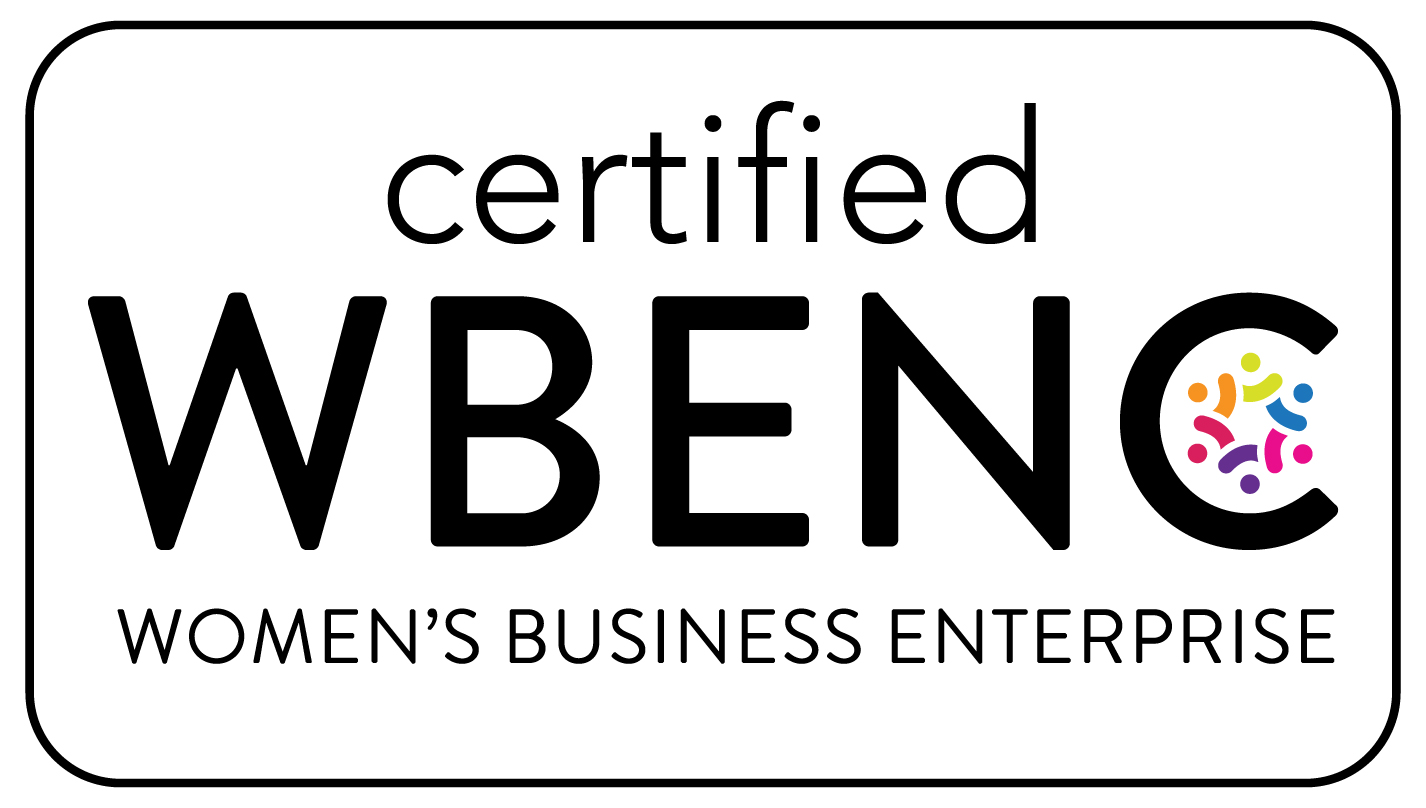Developing a network of trusted advisors can seem like a daunting and expensive task — the kind of chore you know you need to do but are always tempted to put off in favor of more pressing concerns. If this is you, there is a good chance you see advisors as necessary expenses that don’t add value to your business. Here are some tips for finding the value an advisor adds to your business, and some tips for identifying advisors that will drive your business forward rather than holding you down.
These are useful for businesses in any stage, and the best businesses build these networks long before it’s time to sell. So, if you’ve got time, stick it on the refrigerator and grow it over time. If you’re in a hurry start working the phones.
Consider these things when you work with an advisor:
- What business opportunity did the advisor identify for me?
- What costs did the advisor save me?
- What valuable tasks did the advisor free me up to do?
- What mental burdens did the advisor take off my back?
- What would it have cost me in dollars and opportunity?
Use the resources below to help evaluate potential team members.
Feel free to contact Stock Legal for further assistance.
Find a team you want to work with
It’s best to start with a casual meet and greet — plan on an open conversation to learn about the person, his or her experience and approach, and determine if that is a good fit for the way you like to proceed. This can usually be accomplished in a short meeting - an introduction from a trusted mutual acquaintance can really speed up the process. Discuss your general needs, but don’t expect a solid plan in response. Good advice requires research and preparation.
Come to the meeting prepared with:
- Clear goals with what you want from the relationship.
- A realistic assessment of where your company is and your short and medium term plans, as well as you big long terms goals.
- Be clear about your timeline.
- An understanding of the value of good advice.
Here are a few questions to get the conversation rolling:
- Recommended by?
- What is your experience with companies in my industry?
- What is your experience in buying and selling businesses?
- Are you insured?
- Have you done any similar deals?
- How do you bill?
- Will I be a priority?
- What is your approach to bringing value to clients?
- How will we evaluate your work?
Professionals to consider:
- Accountant
- Business Broker
- Attorney
- Insurance
- Employee Benefits
- Business Consultant
- Real Estate Broker










